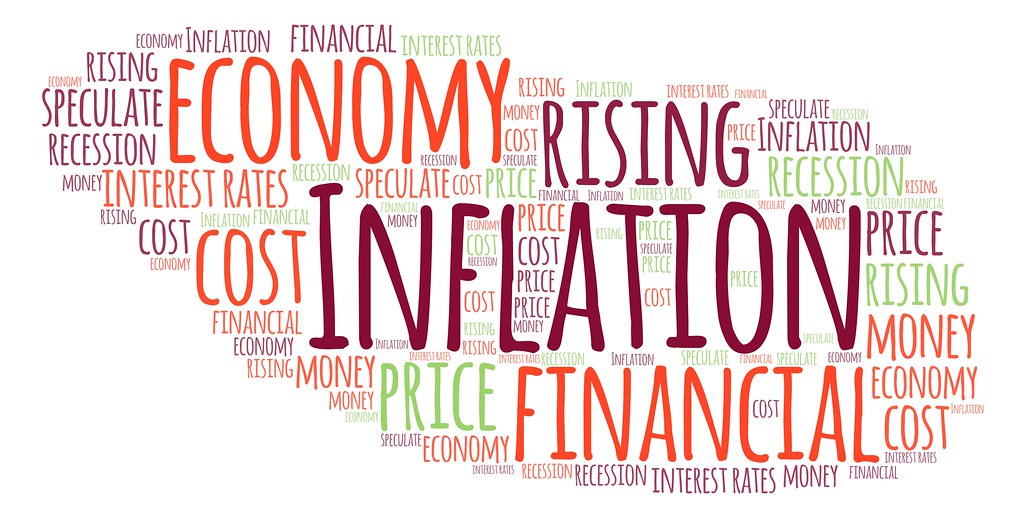6.8 pc inflation not too high to deter private consumption, or weaken inducement to invest: Survey
The Survey details the state of economy in the current fiscal, while giving a sneak peek into the future.Indias retail inflation came down below 6 per cent in November after remaining above RBIs upper tolerance level for 10 months since January 2022.The central bank last year projected inflation to average 6.8 per cent in the current fiscal, before declining in the next fiscal.RBI has projected headline inflation at 6.8 per cent in FY23, which is outside its target range.

- Country:
- India
RBI's projection of retail inflation at 6.8 per cent in the current fiscal is neither too high to deter private consumption, nor so low as to weaken inducement to invest, the Economic Survey said on Tuesday.
However, entrenched inflation may prolong the tightening cycle and therefore, borrowing costs may stay 'higher for longer', it said.
The Economic Survey 2022-23 was tabled in Parliament by Finance Minister Nirmala Sitharaman. The Survey details the state of economy in the current fiscal, while giving a sneak peek into the future.
India's retail inflation came down below 6 per cent in November after remaining above RBI's upper tolerance level for 10 months since January 2022.
The central bank last year projected inflation to average 6.8 per cent in the current fiscal, before declining in the next fiscal.
''RBI has projected headline inflation at 6.8 per cent in FY23, which is outside its target range. At the same time it is not high enough to deter private consumption and also not so low as to weaken the inducement to invest,'' the Survey said.
The Reserve Bank has the mandate to keep inflation at 4 per cent with a band of (+/-) 2 per cent.
India's wholesale and retail price inflation remained high for most part of 2022 mainly due to supply chain disruptions following outbreak of the Russia-Ukraine war beginning February, 2022.
Russia and Ukraine are among the most important producers of essential agricultural commodities, including wheat, maize, sunflower seeds and inputs like fertilisers. Together with other countries bordering the Black Sea, they constitute the world's breadbasket.
The Survey said that 'entrenched inflation' may prolong the tightening cycle and therefore borrowing costs may stay higher for longer.
''In such a scenario, global economy may be characterised by low growth in FY24,'' it said.
However, the scenario of subdued global growth presents two silver linings -- low oil prices and better than projected CAD (Current Account Deficit).
''Overall external situation will remain manageable,'' it added.
Retail or CPI inflation fell to a year low level of 5.72 per cent in December, while wholesale or WPI inflation was at 22-month low of 4.95 per cent.
(This story has not been edited by Devdiscourse staff and is auto-generated from a syndicated feed.)
- READ MORE ON:
- Parliament
- The Reserve Bank
- Russia
- Russia-
- Nirmala Sitharaman
- India
- Ukraine
ALSO READ
Water level in Ural river in Russia's Orenburg rises 50 cm, news agencies report
Homes flooded after Ural River rises quickly in Russia's Orenburg
China's Xi meets with Russian Foreign Minister Lavrov to bolster strategic partnership against Western pressure
Ukraine says it destroyed 14 of 17 drones launched by Russia
Floods swamp scores of settlements in Russia and Kazakhstan










